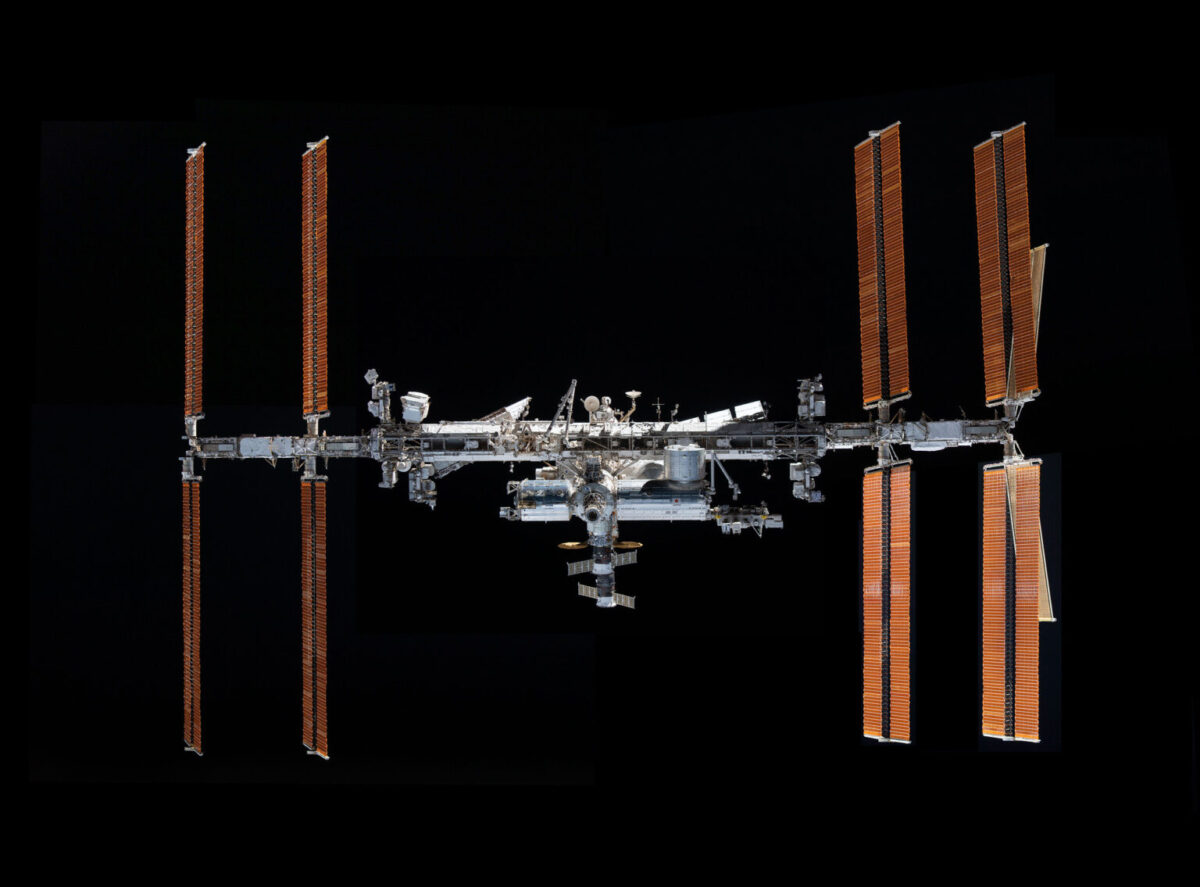From pv magazine USA
NASA has launched its 28th commercial resupply mission with SpaceX, sending 7,000 pounds of cargo to the International Space Station.
A SpaceX Dragon spacecraft propelled by a Falcon 9 rocket will bring several measurement instruments, as well as two roll-out solar arrays. The International Space Station Roll Out Solar Arrays (IROSA) will deliver additional energy capacity to the microgravity complex.
As of 2021, the International Space Station had 250 kW of IROSA capacity, and the two new arrays may add up to 60 kW of capacity.
The arrays, with their compact design, affordability, and autonomous capabilities, offer enhancements for a wide range of scientific and commercial missions, spanning from low-Earth orbit to interplanetary travel.
ROSA is a technology of Redwire Space, originally developed by Deployable Space Systems (DSS), with support from NASA. Since 2009, NASA has funded parts of DSS’s journey, from conceptualizing ROSA to its development, culminating in successful technology demonstrations, operational mission use, and other cutting-edge potential applications. DSS was acquired by Redwire in 2021, continuing ROSA’s infusion into both NASA and commercial missions.
“You come up with a simple concept, but to get that to space, riding along that controlled explosion is what drives your design,” said Ken Steele, vice president of business development for Redwire.
To continue reading, please visit our pv magazine USA website.
This content is protected by copyright and may not be reused. If you want to cooperate with us and would like to reuse some of our content, please contact: editors@pv-magazine.com.




By submitting this form you agree to pv magazine using your data for the purposes of publishing your comment.
Your personal data will only be disclosed or otherwise transmitted to third parties for the purposes of spam filtering or if this is necessary for technical maintenance of the website. Any other transfer to third parties will not take place unless this is justified on the basis of applicable data protection regulations or if pv magazine is legally obliged to do so.
You may revoke this consent at any time with effect for the future, in which case your personal data will be deleted immediately. Otherwise, your data will be deleted if pv magazine has processed your request or the purpose of data storage is fulfilled.
Further information on data privacy can be found in our Data Protection Policy.